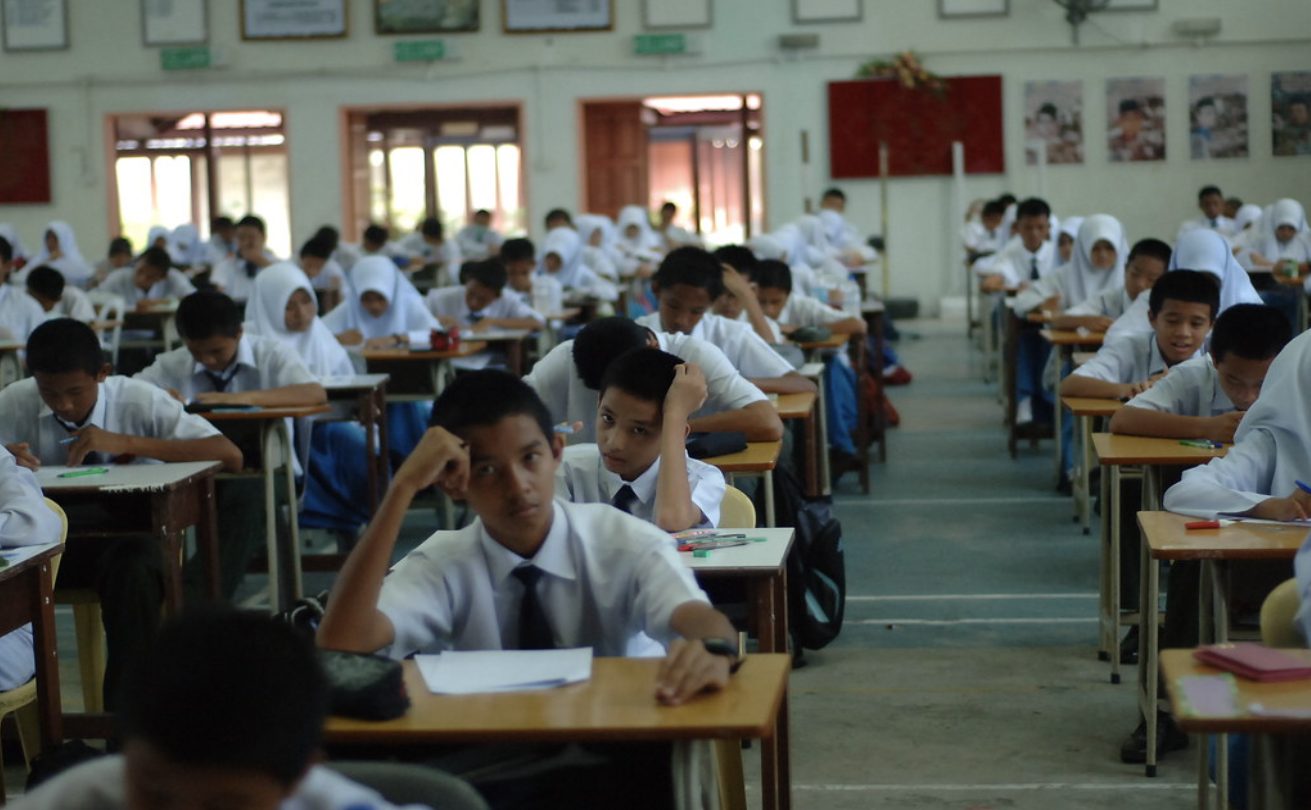The Majlis Amanah Rakyat (MARA) is a government agency in Malaysia that was established on Mar. 1, 1966, as a part of the Rural and National Development Ministry. Its purpose is to assist, educate, and mentor Bumiputra (Malays and other indigenous Malaysians) in the fields of industry and commerce.
MARA manages multiple boarding schools and the University of Kuala Lumpur, which is a technical university spread across several campuses.
The boarding schools are known as Maktab Rendah Sains MARA (MARA Junior Science Colleges or MRSMs), and they are supervised by MARA’s Education and Training (Secondary) Department. Their primary objective is to train Bumiputra students with the potential to excel in the fields of science and technology.
The establishment of MARA aimed to enhance the status of Bumiputeras and elevate their standard of living by providing them with education and economic prospects to create wealth.
Regardless, MARA has been open to Bumiputeras from all income brackets, as well as non-Bumis, with the latter having a 10% quota.
However, the government recently mulled the idea of building a separate and privatized MRSM for students from middle to high-income backgrounds.
Ahmad Zahid, who is also the Rural and Regional Minister, said applications to enrol in MRSM had exceeded 300% of its capacity.
“We are conducting feasibility studies to determine the number of students who are academically qualified to enrol in MRSM but due to their parents’ income bracket, they are not eligible, especially those in the M40 and T20 groups, as the priority (for entry) is for those from the B40 group,” he said.
There was too much demand, he added, from MRSM alumni who wished for their children to enrol in MRSM, but their income made them ineligible.
But what do Malaysians have to say about this?
While most of those on Twitter disagree with the move (as expected), some argued that the rich and poor should not be segregated when it comes to education.
Others theorized that the institution needs students from financially comfortable backgrounds as their parents would be able to donate in large amounts to MARA.
If anything, MARA should stick to its original mission of providing education to the poor.
This is because the school system was set up with the specific purpose of bridging the gap between students from different socio-economic backgrounds. By providing affordable education to students from low-income families, MARA is helping to ensure that talented and hardworking students are not denied the opportunity to fulfill their potential due to financial constraints.
Furthermore, by maintaining its focus on providing education to the poor, the institution is helping to address the issue of inequality in Malaysia. Education is a powerful tool that can help to break the cycle of poverty and provide opportunities for upward mobility.





Reader Interactions